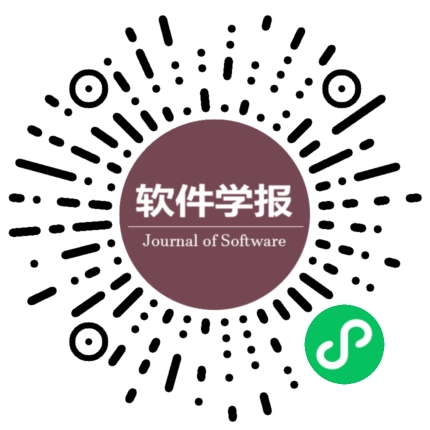一种面向数据仓库周期性查询的增量优化方法
作者:
作者单位:
作者简介:
通讯作者:
中图分类号:
基金项目:
国家高技术研究发展计划(863)(2015AA011505);国家自然科学基金(61303053,61402445,61402303,61521092)
Incremental Optimization Method for Periodic Query in Data Warehouse
Author:
Affiliation:
Fund Project:
National High-Tech R&D Program of China (863) (2015AA011505); National Natural Science Foundation of China (61303053, 61402445, 61402303, 61521092)
引用本文
康炎丽,李丰,王蕾.一种面向数据仓库周期性查询的增量优化方法.软件学报,2017,28(8):2126-2147
复制相关视频
分享
文章指标
- 点击次数:
- 下载次数:
- HTML阅读次数:
历史
- 收稿日期:2016-03-31
- 最后修改日期:2016-05-12
- 录用日期:
- 在线发布日期: 2017-08-15
- 出版日期:
文章二维码

您是第位访问者
版权所有:中国科学院软件研究所 京ICP备05046678号-3
地址:北京市海淀区中关村南四街4号,邮政编码:100190
电话:010-62562563 传真:010-62562533 Email:jos@iscas.ac.cn
技术支持:北京勤云科技发展有限公司
版权所有:中国科学院软件研究所 京ICP备05046678号-3
地址:北京市海淀区中关村南四街4号,邮政编码:100190
电话:010-62562563 传真:010-62562533 Email:jos@iscas.ac.cn
技术支持:北京勤云科技发展有限公司



